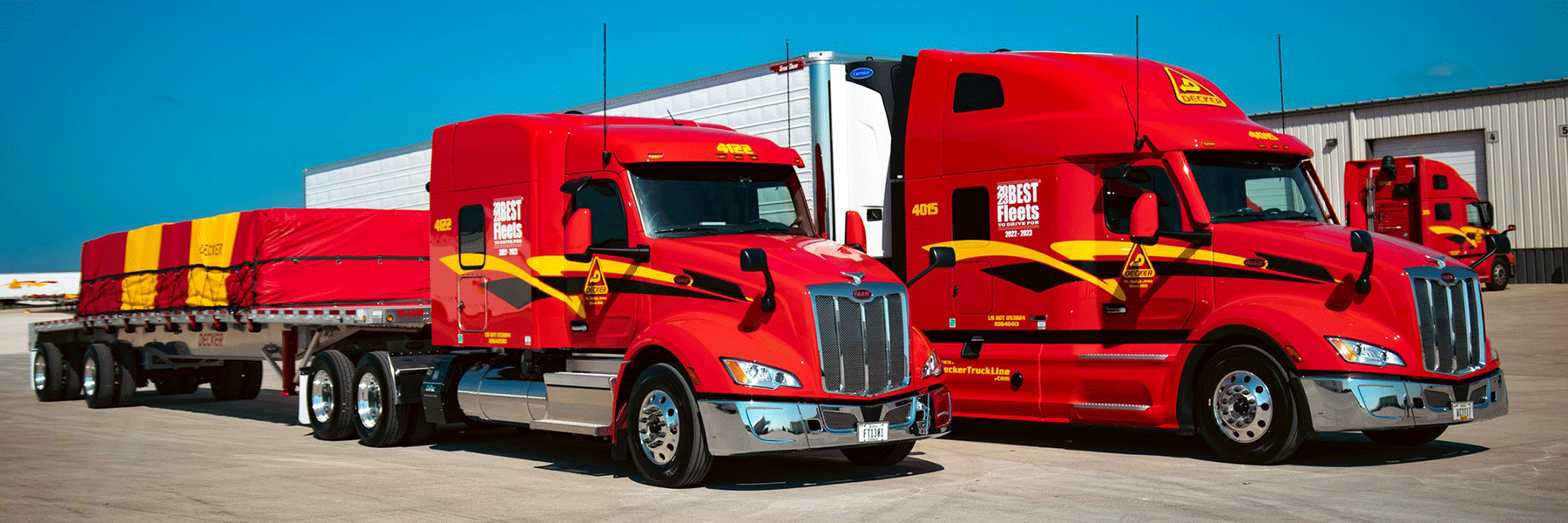EpicVue, providers of premium in-cab satellite TV packaged exclusively for the trucking industry, has announced that according to its most recent research, some of the top reasons why drivers stay with their fleets are independence and respect.
“Having had the opportunity to meet with executives and rank and file employees, including drivers, at many large and small fleets around the country, I’ve been able to inquire about turnover and retention,” said Lance Platt, CEO of EpicVue. “What is most interesting is how closely correlated turnover rates are to the culture of an organization.”
Earning a PhD in Business Organization and Management, Platt wrote a dissertation on the Alignment Between Organizational Culture and Organizational Change. The Organizational Change component was based on a construct known as Appreciative Inquiry.
“By nature of its stability, organizational culture, once established, is difficult to change,” Platt stated get more. “However, my research was based on organizational change as it relates to shifting or evolving organizational cultures. The major assumption of Appreciative Inquiry is that in every organization something works and change can be managed through the identification of what works, and the analysis of how to do more of what works. That was the basis of our study of driver longevity and retention factors.”
EpicVue’s study began by asking fleets what percentage of their drivers have been with them under a year, 1-5 years, 5-10 years, and over 10 years. “While most fleets are heavily weighted toward the shorter end, they often have good reasons if they’re expanding or hiring students,” Platt related. “Fleets with really good driver longevity, however, were able to provide ideas that seem to work well in generating higher than average loyalty.
“For example,” Platt continued, “one company regularly polls drivers for ideas and feedback and has created a number of new programs out of those ideas, and another had drivers to help them refine a performance management scorecard. In other instances, a company reported it is providing every driver with a company email address along with an iPhone so they can stay in touch with colleagues and family, and one more sends all of its managers to ethics and leadership training to ensure drivers get a consistent message.”
Separate from the longevity, EpicVue looked at driver satisfaction by asking drivers how much they trust the company, whether they feel the company cares about their opinions, whether they feel the company communicates honestly, if they would refer a friend to the company, etc.
“The survey results provide a picture of how comfortable drivers feel at a company, which reflects how much they feel they’re respected and valued by the organization,” Platt said. “Every fleet claims they treat drivers like family and have great relationships as a result, but the answers to these questions often tell a different story.”
EpicVue also spent time at truck stops interviewing 270 over-the-road drivers to find out what leads to loyalty. Interviewed drivers ranged in age from their early 20’s to over 50, had an average tenure with a company of 5.73 years and on average spent 2.61 weeks away from home at a time. Three questions related to loyalty were asked:
“The findings indicate that independence (26%) is what drivers enjoy most about their job,” Platt reported. “In addition, the best aspect of a fleet for the drivers surveyed is a company they view as respectful, friendly, understanding and kind (37%). In terms of practices that create loyalty, one third cited companies that listen to suggestions, followed by incentives and benefits (25%).”
Original source: fleetnewsdaily.com



